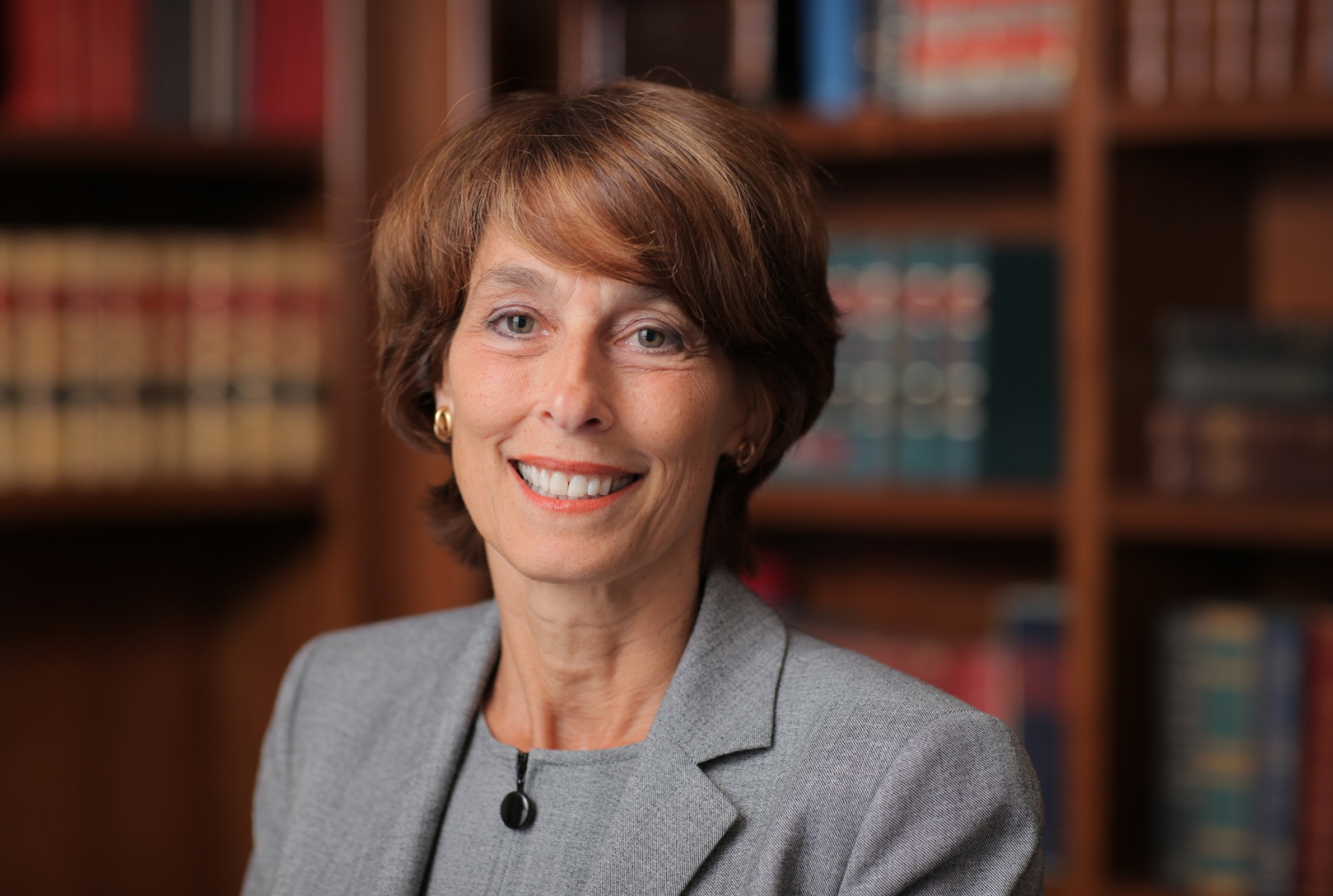Today I am speaking with Dr. Lewis Cantley, who comes to us from Harvard Medical School, where he was professor of medicine and systems biology. Lew has recently been named director of our newly-established Cancer Center at Weill Cornell Medical College and NewYork-Presbyterian Hospital.
LAURIE GLIMCHER: We're so glad you're here. Lew, what attracted you to Weill Cornell and NewYork-Presbyterian?
LEWIS CANTLEY: I saw this as an opportunity to really implement a vision that [has] come out of research from my laboratory in the last five years or so as we began to realize that the targets that we've been going after for the past 25 years, that these targets were now drugable. And, in fact, drugs were going into phase one, phase two clinical trials, to hit the very enzymes that my lab had worked on for 25 years, in particular PI3-kinase, PI3K, one of the most frequently-mutated genes in cancer. In order to figure out how to use these drugs, one really needed an infrastructure of basic scientists, surgeons and clinicians and molecular pathologists all working together as a team to identify the targets to go after and, importantly, to implement that into biomarker-driven clinical trials.
GLIMCHER: How did your vision for team science form?
CANTLEY: I learned a lot about this over the past three years by being the leader of the so-called Dream Team from Stand Up to Cancer, in which I headed a group from seven institutions that included surgeons, oncologists, molecular pathologists and basic scientists like myself. We were able to design seven clinical trials, several of which have now been completed in a remarkably short period of time. And we were able to do so because we had people with expertise in identifying the patients, and we had a relatively large patient base. So this really sold me on team science.
GLIMCHER: Well, you'd be glad to hear that yesterday was the launch of the Joint Clinical Trials Office between NewYork-Presbyterian and Weill Cornell that will allow us to perform many more clinical trials more efficiently and position us as the place where the private sector will want to test their new drugs.
Lew, you made a remarkable discovery many years ago of an enzyme called PI3-kinase. And this enzyme has proven to be so critical not only to cancer, but also to many other diseases. How did you make this discovery?
CANTLEY: I have to say that almost everything I've ever done important in science has turned out to be serendipity. I didn't set out to discover PI3K. I set out to understand how oncogenes affect cellular metabolism and how they affect signaling pathways in cells, and in the course of that discovered that there was a lipid kinase activity. We found this lipid kinase activity and we discovered, to our surprise, it was carrying out a reaction that had never been seen before.
GLIMCHER: As the director of a cancer center already, I'm sure you've thought a lot about what are the most pressing issues in oncology today. How far away do you think we really are to curing some of these solid tumors that have proven so resistant to therapeutic interventions?
CANTLEY: Progress in treating solid tumors has been just frustratingly slow. We're still not talking about cures. We are talking about life extension, often only a year or less. So I think there are two directions that we have to go. One is to do combination therapies and understand why the tumors become resistant. But the other possibility is that if we use the same therapies earlier in the disease before -- as adjuvant therapy, or even neoadjuvant therapy before surgery or immediately after surgery -- before metastasis occurs, we're very likely to have a much better impact. And we see this in mouse models that replicate human disease. If we get early there with targeted therapy, it's very effective. The later the wait, the more frequently we get resistance.
GLIMCHER: I'm always interested in where people come from and how they got to where they are now. What was your path forward?
CANTLEY: I probably took the most unlikely path. But in going to college, I was interested in chemical engineering, but I went to a small liberal arts college, West Virginia Wesleyan College. I took all courses in chemistry, physics and math, and I took no biology at all. In fact, I was so frustrated by biology that I took as a high school student -- not particularly interesting -- that I said I would never take another biology course. And it's true; I have never taken another biology course [Glimcher and Cantley laugh]. But I ended up in the end wanting to get a Ph.D. rather than going into engineering, so I went to Cornell in Ithaca, where my research, which was in physical chemistry, really delved into mechanisms by which ATP is generated from proton gradients, which was a really interesting chemistry and physics problem. Of course, that was a slippery slope that led me into biology, because I had to work with proteins and, ultimately, with mitochondria, and eventually got into cells. And it turns out that the only cells you could work with in culture were cancer cells [Glimcher and Cantley laugh], so I was down the slippery slope until soon I realized that I was deeply embedded in understanding the molecular mechanisms of cancer. So, as I say, a very unlikely path. I don't think there have been any cancer center directors who never had a biology course [Glimcher and Cantley laugh]. I have to say I've learned a lot from my colleagues over the years.
GLIMCHER: Lew, it's been terrific talking with you, and we are so thrilled to have you come to Weill Cornell Medical College and NewYork-Presbyterian Hospital and really galvanize our efforts in cancer.
CANTLEY: Great. Well, it's great to be here.

